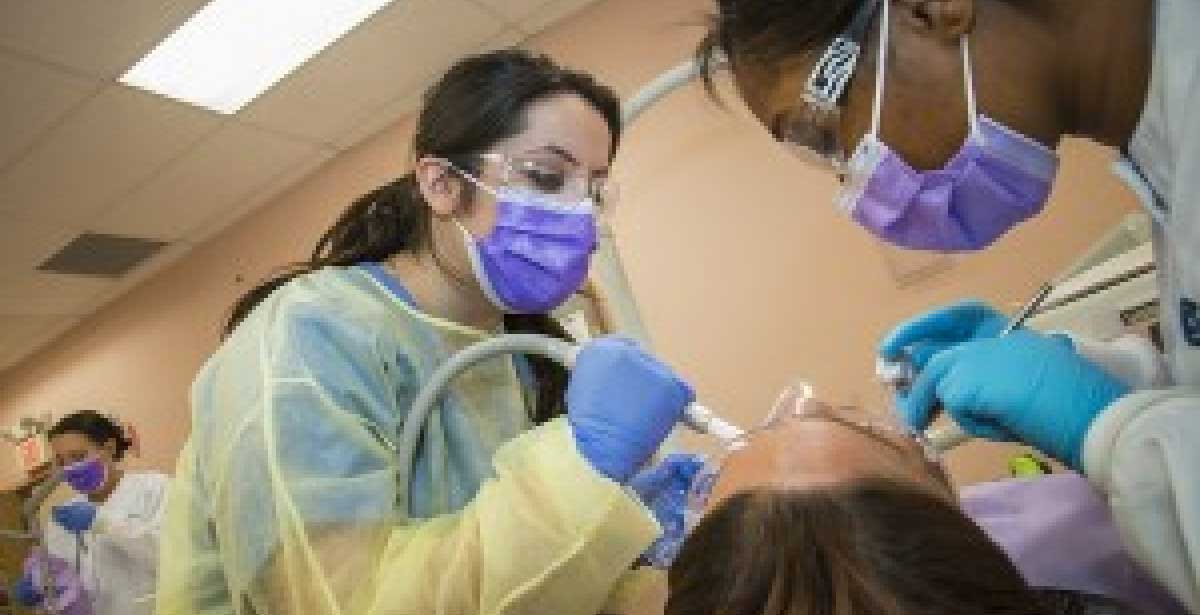
Importance of Dental Sterilization and Infection Control
Before your dentist takes a look in your mouth, is he suited up like he’s ready for surgery? Most dentists wear masks, gloves and protective eyewear –and they should! The precautions they take to prevent infection are vital for your safety and theirs.
Dental Equipment Sterilization Protects Dentists and Patients
Sound dental sterilization practices in dentistry protect patients, dentists and the whole team. They prevent the growth of bacteria on instruments and surfaces throughout the dental practice. They ensure that the germs in your mouth don’t make it into anyone else's and that no one who’s been in the chair before you has passed along anything to you.
Microorganisms in blood and saliva can carry bacteria and diseases like hepatitis, herpes, tuberculosis, staph and strep. When proper dental sterilization procedures aren’t used they can pass from one patient to another. Improper sterilization practices can make you really sick, and they can also create serious complications if you have any preexisting conditions. Good sterilization practices could actually save your life!
That’s why dentists and dental assistants take so many precautions. The next time you visit your dentist, notice how clean everything is. Does the dental assistant unwrap sterilized instruments to give to the dentist? Do they prepare all patient surface areas so the only germs on them will be yours? Do they make certain that everything used during an examination is disposed of properly in biohazard bins? Does everyone wash their hands before and between seeing patients?
How Do Dental Assistants Sterilize Equipment?
Dental assistants are vital members of the modern dental team and one of their most important jobs is battling bacteria and other germs . They need to understand and carry out proper instrument sterilization and prepare a safe and sterile area for the dental exam. Dental assistants also make certain everything used is disposed of properly.
To keep equipment clean and sterilized, dental assistants must follow a number of best practices and processes from the CDC. First, they always need to clean equipment before disinfection or sterilization to remove any soil. Also, dental assistants must use containers to transport equipment, and they should wear gloves and masks during this process.
Dental assistants rely on more than soap and water. They often place equipment in special machines that clean and disinfect the tools. High-end dental sterilization tech like autoclaves and chemiclaves make the sterilization process efficient.
Keeping things clean is hardly the only task busy dental assistants have. They help dentists before, during and after the exam. They take patient histories and instruct them on proper oral care. They take impressions, construct temporary crowns, use sealants and bleaching trays and develop digital and analog x-rays.
Do you want a career where what you do really matters? Dental assisting might be right for you! At Porter and Chester Institute, we offer our dental assisting program at all nine of our locations in Connecticut and Massachusetts.






